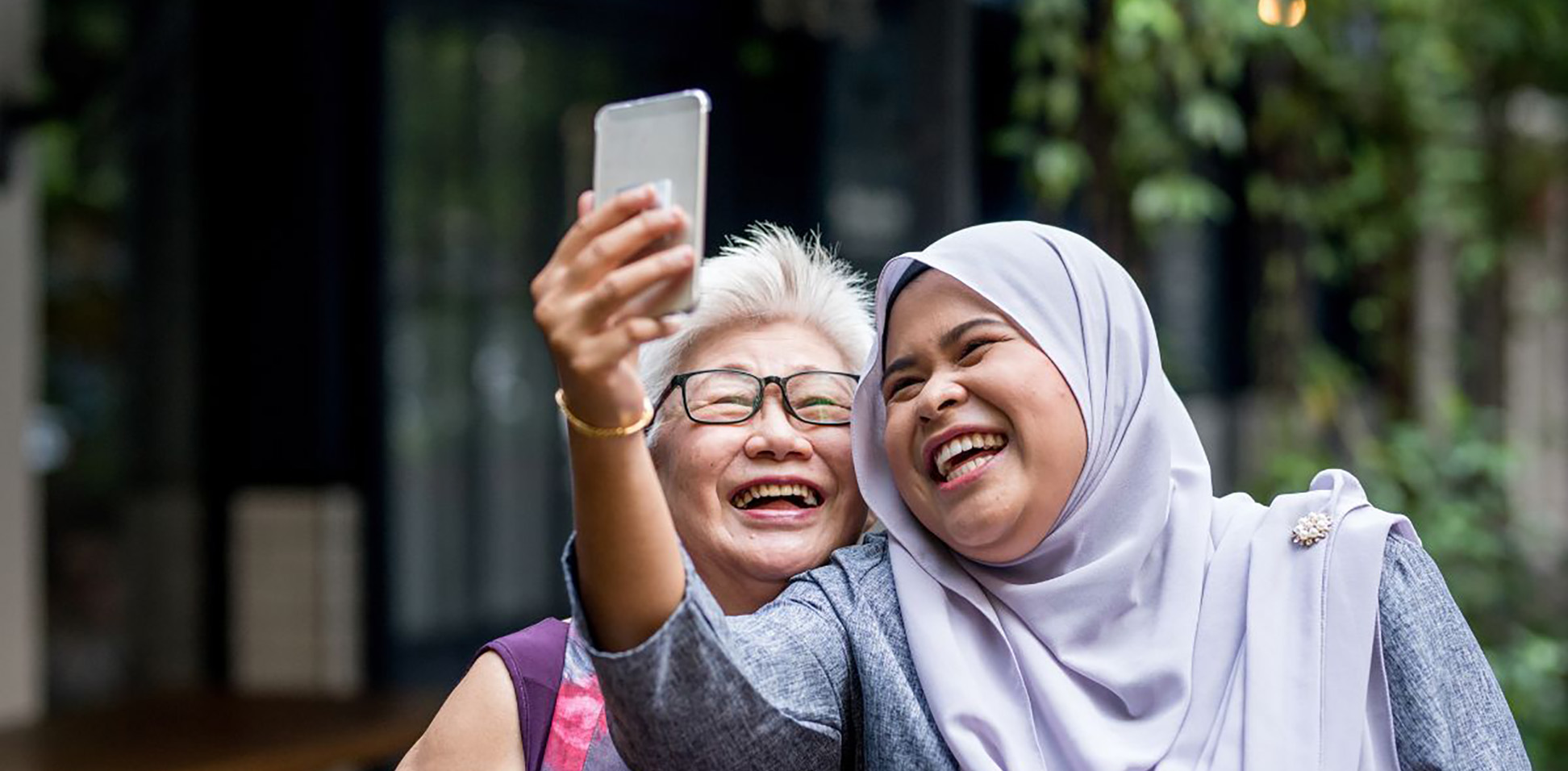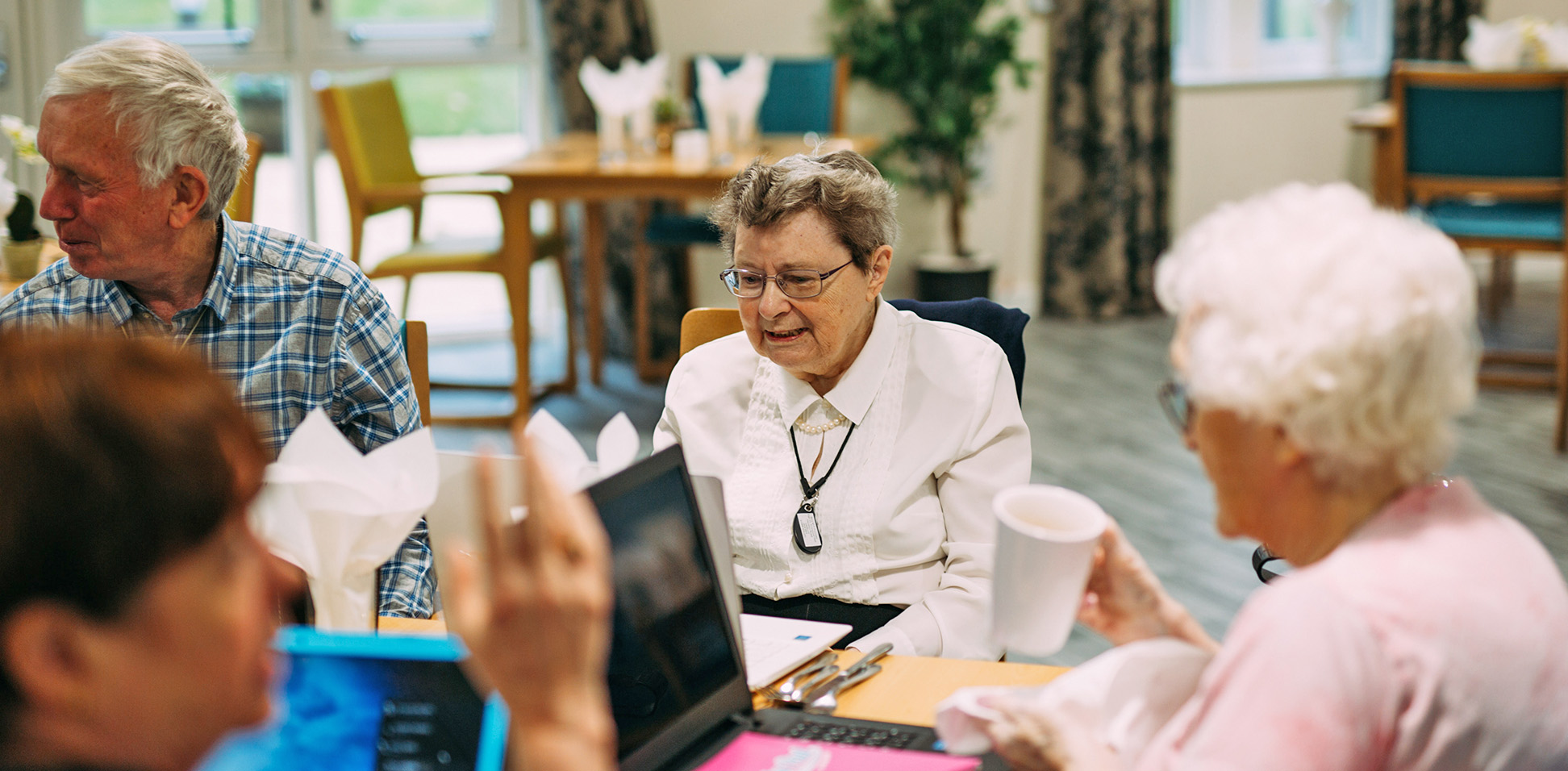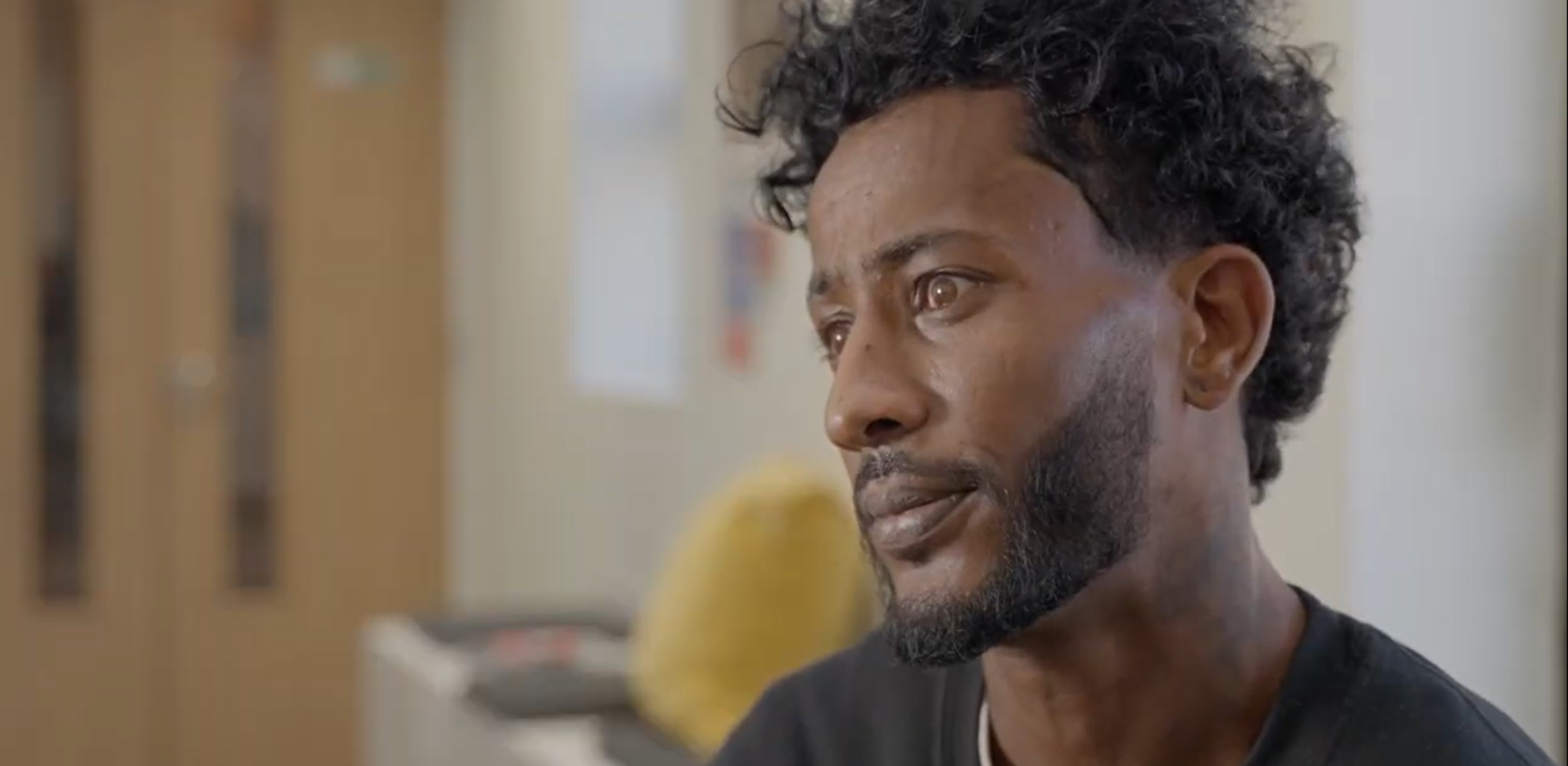Innovations for data poverty: reflecting with the APLE Collective
Data Poverty Lab Research Associate, Dr Sarah Knowles, met with APLE Collective to discuss findings from the latest report which explores the role of innovation in tackling data poverty. In this blog, Sarah reflects on the discussions they had, and APLE member Chris and co-ordinator Katy share their comments.
APLE is a national collective of individuals and organisations with lived experience of poverty. They aim to promote the voices of those with lived experience of poverty and work collaboratively with others to influence change.
One of the very first outputs of the Data Poverty Lab were the CHESS criteria, which were co-created with APLE members. (APLE also contributed to the Data Poverty Lab report by Shade Nathaniel-Ayodele). The five criteria are the answer to the question: “What does a good data poverty solution look like?”
- Cheap – is it genuinely affordable – not just at the start but over time?
- Handy – is it easy to find out about? Is it easy to apply for and access?
- Enough – does it allow me to meet my essential online needs? Is it fast enough? Is there enough data?
- Safe – does it ensure my privacy is protected, and I’m not at greater risk of harm
- Suitable – is it suitable for my circumstances, and flexible if these change? Will I feel stigma or loss of pride if I use it?
In our most recent work, assessing the innovations that have emerged to address data poverty, APLE Collective’s insights again provided the backbone for our research. We used the CHESS criteria to reflect on the innovations in play, to understand where the innovations currently met these different needs, or whether they indicated areas for improvement.
The CHESS criteria were crucial in showing us that data poverty is not a single problem which can be addressed by a single solution. The diversity of needs means a diversity of solutions is needed that help different people at different times.
‘One size does not fit all’ was the reality for APLE members and could make the difference between an innovation being helpful for them or not. One member found that a social tariff provided enough data for them, but others commented that it wouldn’t provide enough for their family’s needs and so wasn’t something that could help. They also wanted to emphasise the multiple vulnerabilities that people can have - there aren’t simple profiles of need, but people often in complex situations with multiple vulnerabilities. Chris from APLE collective gave the example of someone who is homeless but also has learning difficulties, who might struggle to find support that addresses all their needs.
Speaking with APLE members also helped us understand the interplay between the dimensions. They aren’t independent of each other, but have to be juggled, with people weighing the different criteria against each other to decide if something is ‘worth it’. With Public WiFi for example, people weighed up whether they’d get actual speeds that could let them do something, without jumping through lots of hoops to connect and potentially giving away their data or compromising their privacy. (Something Professor Simeon Yates memorably called ‘the three dimensional chess of data poverty’, which quite neatly suggests how the CHESS dimensions are a complex game of pros and cons!)
Speaking with the APLE group also provided a reality check in thinking about who could benefit from different innovations. One member shared their experience of homeless people being turned away from sites offering free WiFi, challenging us to think about the reality of access (can you get into the place? Will the staff there support you or block you?) rather than assuming that free wifi being made available is the end of the solution.
The new innovations were well received when we checked in with the group again last month. The idea of a ‘dot-public’ online space for example was considered interesting. In the research interviews, some commentators were worried about ideas of limiting access to specific content, as this meant people who could pay to access the internet had freedom of choice compared to those who didn’t. However, this ‘walled garden’ idea was seen as a positive if it meant people could access beneficial educational, training or cultural content. The question of value again came into play though - was this going to be free content because it wasn’t very good or very useful, or would this genuinely provide access to quality content?
There was support for the need for better promotion and for integration of opportunities into services. When we originally presented the different innovations to APLE, there was very low awareness of most of them, with only social tariffs being known by everyone. This underscores that there is more work to be done to promote these options, particularly to take them to people at the point of need rather than needing people to put in the work to find out about them (especially if they can only really hear about them by being online!).
APLE members recognised this integration into services could be challenging, particularly given so many public and VCSO are busy and over capacity. But members suggested that those organisations needed to recognise connectivity as the gateway to their own service, rather than as something additional or different. Connectivity should be everyone’s business if they offer anything online, or if they can support service users more effectively or quickly by having them access content online.
Finally, speaking to people with lived experience always reminds us how crucial this work is. One member commented,
“I have injuries and the only way I have been able to get food in the last month is through online shopping, so for me being online has kept me alive.” - Chris, APLE collective
"APLE Collective are dedicated to addressing poverty with lived experience. As a lived experience led collective we were one of the first voices to address digital exclusion during the early days of the pandemic. Working in partnership with Good Things Foundation we have continued to raise the voices of people with lived experience of digital poverty. We are proud to work with the Good Things Foundation in order to address digital exclusion with lived experience." - Katy Goldstraw, APLE collective Administrator


